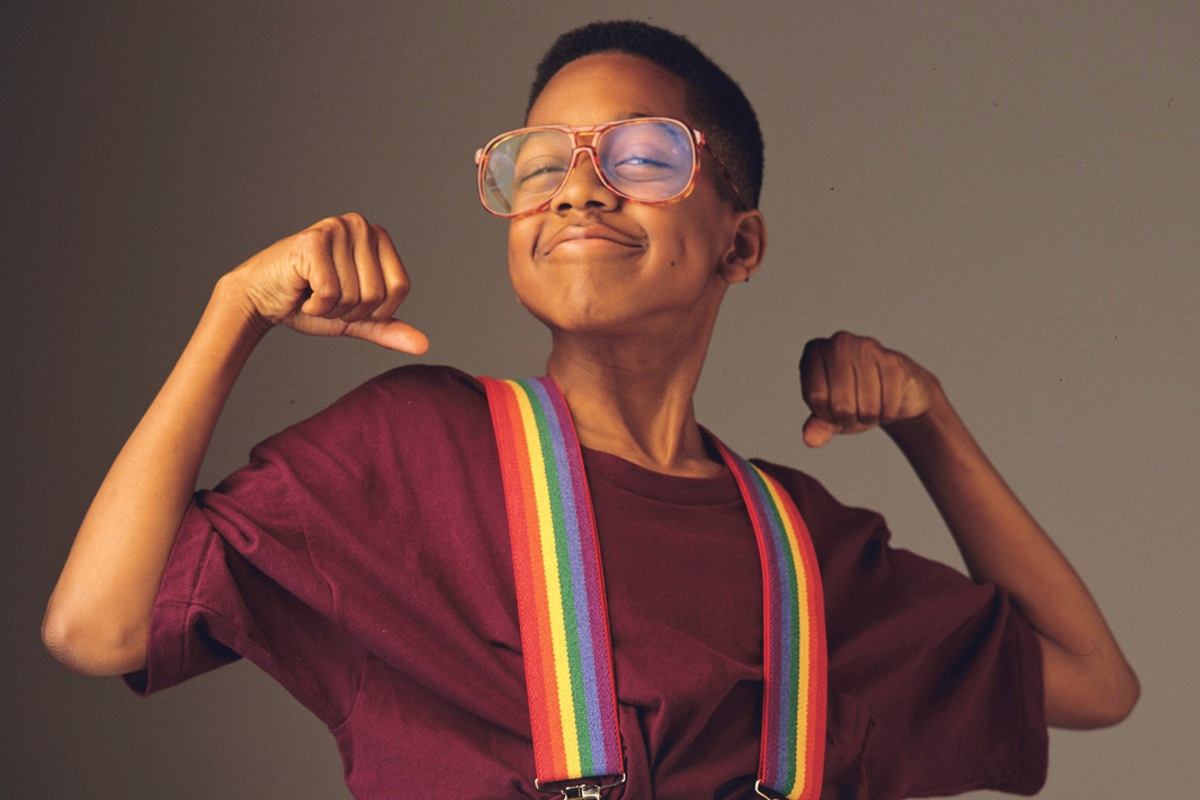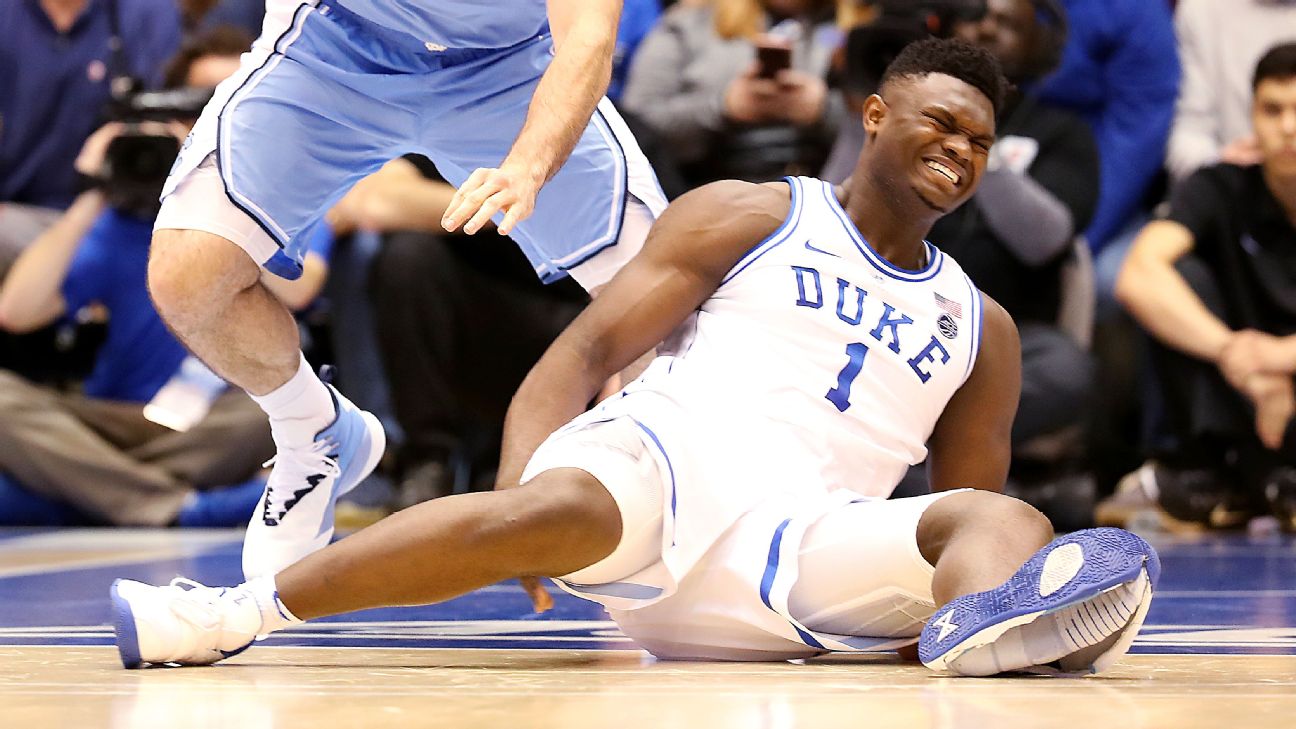College Athletes Caught Gambling
30% of male college athletes bet on sports, according to recent sports gambling statistics. (University of North Carolina Wilmington) A quarter of these athletes were introduced to gambling before they even began high school. 66% gambled for the first time during their high school years.
- College Athletes Caught Gambling Videos
- Ncaa Athletes Caught Gambling
- College Athletes Caught Gambling Losses
NCAA athletes, coaches, and athletic staff members are prohibited from participating in ANY sports wagering activity, AND are prohibited from providing information to individuals involved in any gambling activity (such as telling a friend or classmate that a point guard or pitcher is injured and won’t be completely healthy in an upcoming game).
That's why it's not surprising so many athletes love to gambling. And develop gambling problems Risking it all on one play is what these ultra-competitors live for. 10 Pro-Athletes With Crazy Gambling Addictions. Whose questionable associations in college foretold the problems that would plague him for much of his. Just like Brian Phillips wrote about soccer, college sports is screwed. For starters, the laws of the many United States cannot do much either way. Ban sports wagering in as many forms and places as possible and it moves to an unregulated market of offshore gambling and local bookies. Legalize it, and fixing games on a large scale becomes easier. A 2008 NCAA survey of more than 19,000 athletes found that nearly 30 percent of all male athletes admitted betting at least once in a year's time on college or pro sports, a violation of NCAA rules.
The NCAA defines a “wager” as a person agreeing to give up an item of value (entry fee, a shirt, a dinner) in exchange for the opportunity to receive another item of value, so even a bet over a meal or a t-shirt would be a violation of NCAA gambling legislation.
With the NCAA “Final Four” tournament bracket being revealed on Selection Sunday, athletes may be tempted to participate in a “pool” to fill out their tournament bracket.
This is only possible
if they do so for bragging rights alone,
and no “item of value” is involved.
In fact, I recall a few years ago when a college golfer was suspended because he participated in a “pool” with his father and his father’s golfing buddies. When the athlete’s father posted on his Facebook page that his son had won the pool, athletic administrators at his school learned of the post, and the athlete was suspended.
Also, just within the last two weeks, five University of Richmond baseball players were suspended for their involvement in a fantasy football league. They are ineligible for competition until the NCAA reviews and completes the eligibility reinstatement process.
If you have questions regarding NCAA rules on gambling and how they apply to student-athletes, contact us at 913-766-1235 or send an email to rick@informedathlete.com
NCAA President Mark Emmert talked about the advent of legal sports betting in the US at his organization’s annual meeting, and he doesn’t sound happy about it.
Here’s what he said,according to The Associated Press.
“Sports wagering is going to have a dramatic impact on everything we do in college sports,” Emmert said. “It’s going to threaten the integrity of college sports in many ways unless we are willing to act boldly and strongly.”
Emmert’s comments come a few months before the start of the NCAA men’s basketball tournament, one of the biggest betting events of the year. It will be the first time legal betting on March Madness will take place in the US outside of Nevada.

While it’s right his organization should be vigilant on the integrity front, it’s also disingenuous.

Why is the NCAA talking about sports betting in the future tense?
Emmert, like many concerned with how sports betting rolls out in the US, was quick to bring up its intersection with integrity.
Certainly, the NCAA, whose players only receive scholarships, is of more concern then major pro leagues on the betting front. But it also ignores the fact that betting on college sports has been going on in myriad ways already:
- Via legal wagering in Nevada, Europe and elsewhere.
- Via local bookmakers operating illegally.
- Via offshore bookmakers operating illegally.
All of this activity translates to hundreds of millions of dollars being bet on college athletics already. So it’s curious when an organization like the NCAA talks about sports betting like some sort of new activity.
Gaming industry also disagrees
Sara Slane, the American Gaming Association’s senior vice president, offered this rebuttal to Emmert’s words on sports betting:

“In recent remarks at the NCAA Annual Convention, NCAA President Mark Emmert suggested that continued legalization and regulation of sports wagering across the country ‘is going to have a dramatic impact on everything we do in college sports [and will] threaten the integrity of college sports in many ways.’ Mr. Emmert is failing to address, or choosing to ignore the decades-old, massive illegal market for sports betting in this country — which includes betting on collegiate athletics — that continues to thrive. Surely the NCAA can’t support the status quo.
“Sports wagering is a multi-billion dollar, sophisticated enterprise that, if left primarily in the shadows, will continue to threaten competition and bet integrity, tax law enforcement resources and perpetuate the vulnerability of athletes — particularly unpaid amateur athletes — to bad actors in the illegal market. Only by legalizing and regulating this popular American activity can we offer protection to competition, consumers and competitors, ensure that responsible sports wagering is properly regulated, and that those laws are enforced.

College Athletes Caught Gambling Videos
“The AGA continues to support the expansion of legal, regulated sports wagering. In the eight states where sports betting is now legal, consumers have a viable, safe alternative to place bets and benefit from the protection of stringent oversight by experienced gaming regulators. Without legalization, none of these protections exist and we leave game and bet integrity, consumers and athletes vulnerable.”
Legal sports betting should also help its integrity
While there are going to be more opportunities to bet on college sports, it is going to happen through regulated sportsbooks instead of the existing ones we have little insight into.
That means if you are placing very large wagers on a game, the sportsbooks are going to know who you are. They have every bit as much of an interest in the games being played fairly as the leagues do. Scandals around betting are every bit as bad for the industry as they are for leagues and teams.
Ncaa Athletes Caught Gambling
You can believe what you want about betting on college sports and whether it’s appropriate to do with 18- to 22-year-olds playing an amateur sport. But hoping for a ban on it in state or federal law, at this point, would simply relegate the activity to the black market.
If you are the NCAA, would you rather have hundreds of millions bet via websites in Costa Rica or with gaming companies regulated by US entities? It should be an easy choice, but apparently, it’s not for Emmert and company.
The NCAA at least now supports federal regulation of sports wagering. But less than a year ago it was fighting the legalization of sports gambling in the US Supreme Court and still banning NCAA championship events held in states even pondering sports betting.
College Athletes Caught Gambling Losses
The NCAA should be advocating for good regulation around integrity, not screaming from the hilltops that it threatens their sports. Hopefully, they will realize that someday.